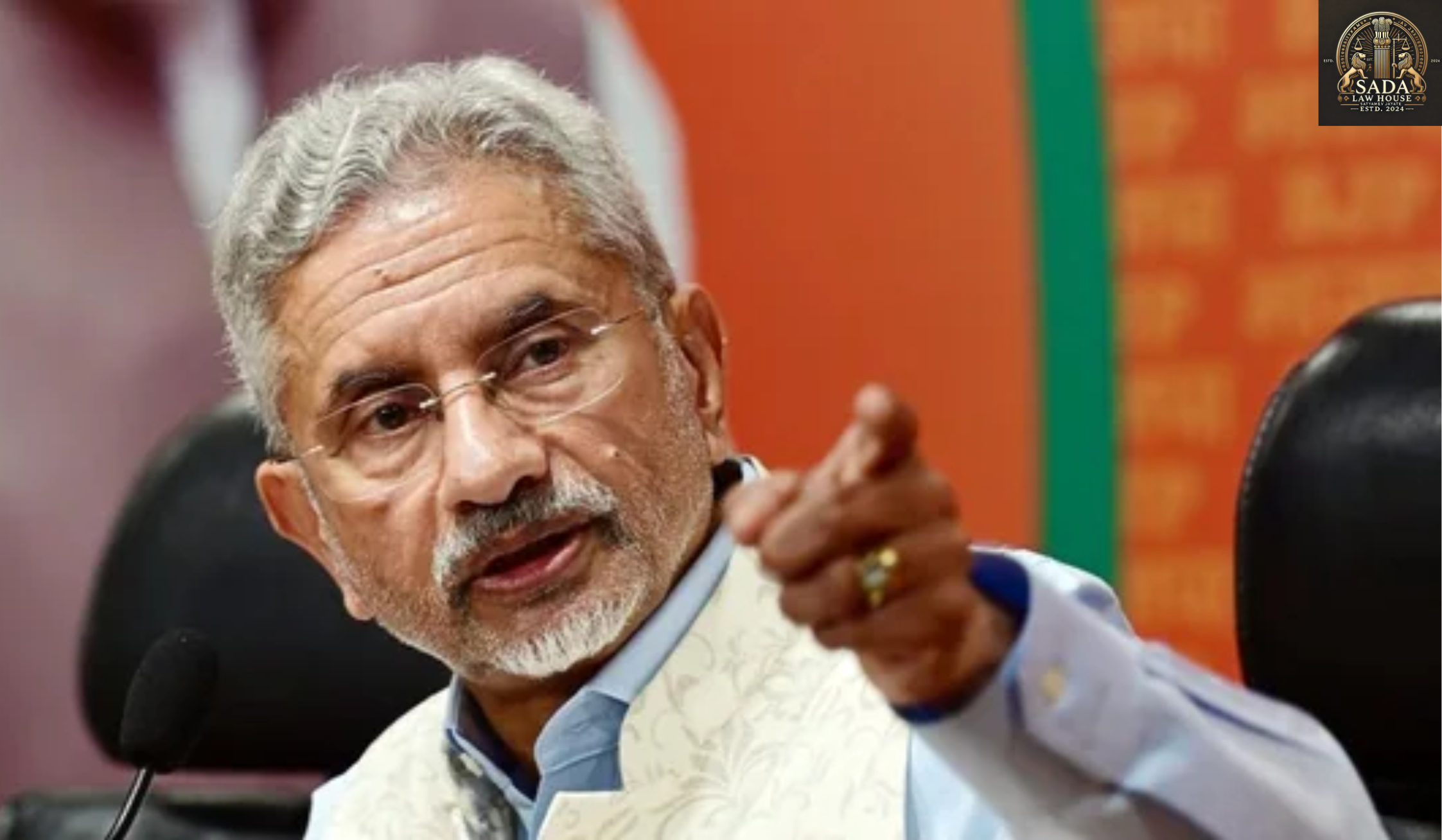India Counts on Germany to Speed Up India–EU FTA Negotiations
- Shivani Garg
- 03 SEPTEMBER 2025

Introduction
In a high-level meeting in New Delhi, External Affairs Minister S. Jaishankar urged German Foreign Minister Johann Wadephul to accelerate the long-pending India–EU Free Trade Agreement (FTA). India seeks Berlin’s support to overcome hurdles in the negotiations and to deepen its integration with the European market amid shifting global trade dynamics.
Background & Context
FTA Stalemate: India and the EU resumed FTA talks in 2021 after an eight-year deadlock. Key sticking points remain:
EU’s demands for tariff cuts on automobiles and dairy,
Stricter climate and labor commitments, which India views as restrictive.
Strategic Pressures: India faces mounting pressure from U.S. tariffs linked to Russian oil imports. To offset economic risks, India is diversifying partnerships, with Europe emerging as a vital alternative.
Current Developments
1. India’s Diplomatic Push
Jaishankar underscored India’s strategic need to conclude the EU deal quickly.
He positioned the FTA as central to India’s long-term growth and stability in global trade systems.
2. Germany’s Assurances
Foreign Minister Johann Wadephul reaffirmed Berlin’s strong support, promising to leverage Germany’s influence within the EU to fast-track negotiations.
His statement reflected Germany’s recognition of India as a strategic partner in global supply chains and green technologies.
3. A Broader Agenda of Cooperation
Beyond the FTA, discussions highlighted:
Defense and security cooperation,
Green hydrogen and clean technologies,
Tackling non-tariff barriers to ease Indian exports,
Doubling bilateral trade as a near-term target.
Analysis
India’s Balancing Act – By accelerating the EU FTA, India aims to diversify away from overdependence on the U.S. and Chinese markets.
Germany as a Power Broker – Berlin’s backing is critical since it is one of the EU’s economic anchors and can steer Brussels toward compromise.
Mutual Gains – For India: expanded access to Europe’s vast market; for the EU: a reliable partner amid supply chain vulnerabilities and energy crises.
Conclusion
The India–EU FTA has become a strategic imperative amid rising global uncertainties. With Germany’s renewed commitment, negotiations may gain the momentum needed to overcome long-standing bottlenecks. A successful agreement would reshape India–Europe economic ties, bolster trade flows, and signal India’s readiness to play a larger role in global trade governance.






